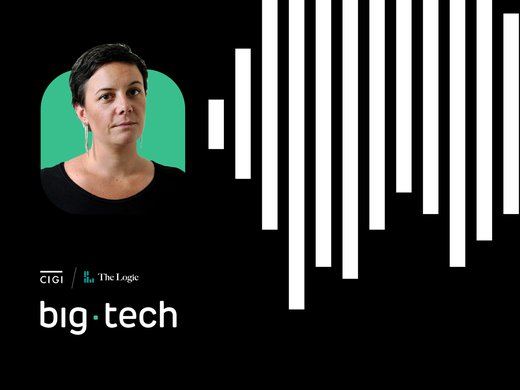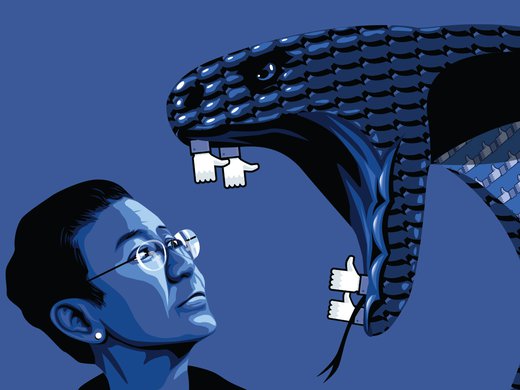On April 16, 2021, the Facebook Oversight Board announced that it would delay its decision regarding Donald Trump’s suspension from Facebook and Instagram, and that a ruling would be made “in the coming weeks.” The board took on the case following the January 6 riots at the US Capitol, which prompted many platforms (including Facebook) to deplatform the former US president. The board first said it would make a decision about the ban by April 21 (90 days after it accepted the case) and cited the extension of a public comment deadline as cause for the delay.
The board is comprised of 20 members, many of whom are lawyers, journalists and activists. Often referred to as Facebook’s “Supreme Court,” the group has passed nine rulings since its 2018 inception.
In advance of the Oversight Board’s ruling regarding Trump’s ban from Facebook and Instagram, we’ve compiled a list of research and analysis about content moderation policies, the creation of the Facebook Oversight Board and the frameworks that govern social media.
Listen
- Kate Klonick’s account of the process that went into establishing the Facebook Oversight Board.
- Maria Ressa on Facebook’s role in destabilizing democracy.
- Joan Donovan’s reflection on the Capitol Hill riot and how it was enabled by digital platforms.
Read
- Taylor Owen’s call for a more cohesive approach to global content moderation.
- A Q&A with Shoshana Zuboff, who helped to launch an alternate oversight board that scrutinizes Facebook’s moderation decisions.
- Kate Klonick’s deep dive into the Oversight Board’s launch and its ability to set new norms for content moderation.
- Jonathon W. Penney’s essay about the relationship between consumer protection and content moderation policies.
- Heidi Tworek’s overview of the many flaws embedded in current content moderation practices.
- Pierre François Docquir’s essay on human rights standards as a pillar of content moderation.
- Jesse Hirsh’s critique of the Oversight Board.


